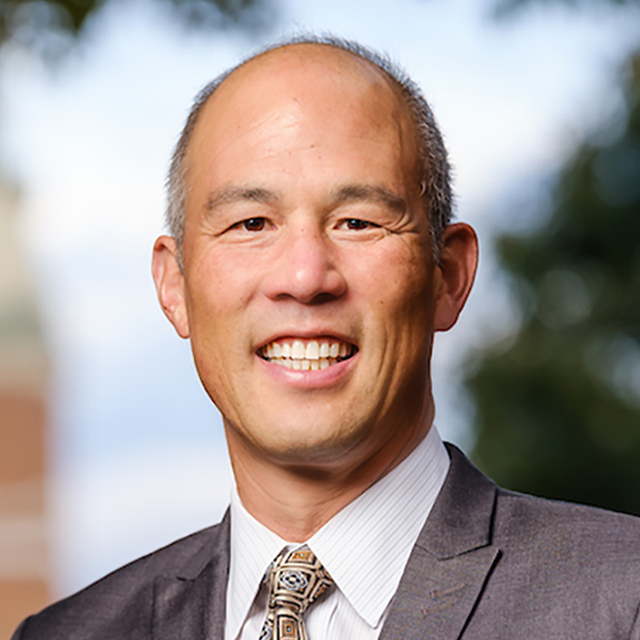AI and the Humanities: Existential Threat or a New Life?

Parents today are hearing constant headlines about artificial intelligence transforming the job market—and it’s natural to wonder: Will my child’s college degree still matter?
At Wake Forest University’s Office of Personal & Career Development (OPCD), we keep a close eye on trends like these because they shape the future our students are preparing for. As AI reshapes every field, including the humanities, we’re sharing perspectives like this one to help families see how education is evolving—not disappearing.
In a recent episode of The New York Times’ Hard Fork, A.I. School Is in Session: Two Takes on the Future of Education, Princeton historian D. Graham Burnett offers an insightful perspective on what this means for the humanities. Although he begins with a warning, he ultimately points to an exciting future that could inspire fresh, meaningful ways for students to explore what it means to be human.
Why AI Feels Like a Threat to Traditional Humanities
Burnett describes AI as posing an “existential threat” to traditional humanities degrees because it can analyze texts, write essays, and even generate creative work. So, if a computer can perform tasks that once defined the humanities, what is the value of earning a humanities degree in its traditional form?
For parents concerned about their child’s future, this isn’t a sign to steer them away from subjects like literature, philosophy, or history. Instead, it’s a reminder that education is evolving. Universities may need to rethink how they teach and evaluate these disciplines—making them less about tasks a machine can perform and more about developing skills and perspectives only humans can bring.
Universities may need to rethink how they teach and evaluate these disciplines—making them less about tasks a machine can perform and more about developing skills and perspectives only humans can bring.
New Schools and New Ways of Learning
Burnett isn’t predicting the end of the humanities—far from it. He envisions “thousands of new schools outside the university system” springing up to carry forward the essential work of exploring what it means to be a person in the world. These alternative spaces could be more experimental, interdisciplinary, and community-driven than traditional institutions.
For your child, that could mean exciting new opportunities beyond the standard college model. Imagine programs where students learn through collaborative projects, deep discussions, and real-world problem-solving—places where curiosity, ethics, and creativity take center stage without the rigid structures of accreditation or standardized testing.
Reclaiming What’s Uniquely Human
Rather than replacing the humanities, AI may actually bring them back to their core purpose: understanding the human experience. It challenges us to ask what machines can’t do—like empathize, create meaning, or wrestle with life’s big questions. In this way, AI could spark a renaissance for the humanities, not in their old forms, but through vibrant, new ways of inquiry and connection.
Rather than replacing the humanities, AI may actually bring them back to their core purpose: understanding the human experience.
What This Means for College-Bound Students
For parents guiding teens toward college, this shift suggests exciting possibilities. Even as traditional universities adapt, the skills gained through humanities study—critical thinking, ethical reasoning, communication, and cultural awareness—remain highly valued by colleges and employers alike. Exposure to evolving, AI-informed approaches to the humanities can help students stand out in admissions essays and interviews by showing their ability to think deeply and engage thoughtfully with a rapidly changing world.
Looking Ahead
AI isn’t closing the door on the humanities; it’s opening new ones. As innovative schools and programs emerge, your child could be part of a generation that redefines what it means to learn, create, and connect as humans. For families thinking about higher education, that’s not a threat—it’s an opportunity.
AI isn’t closing the door on the humanities; it’s opening new ones.
